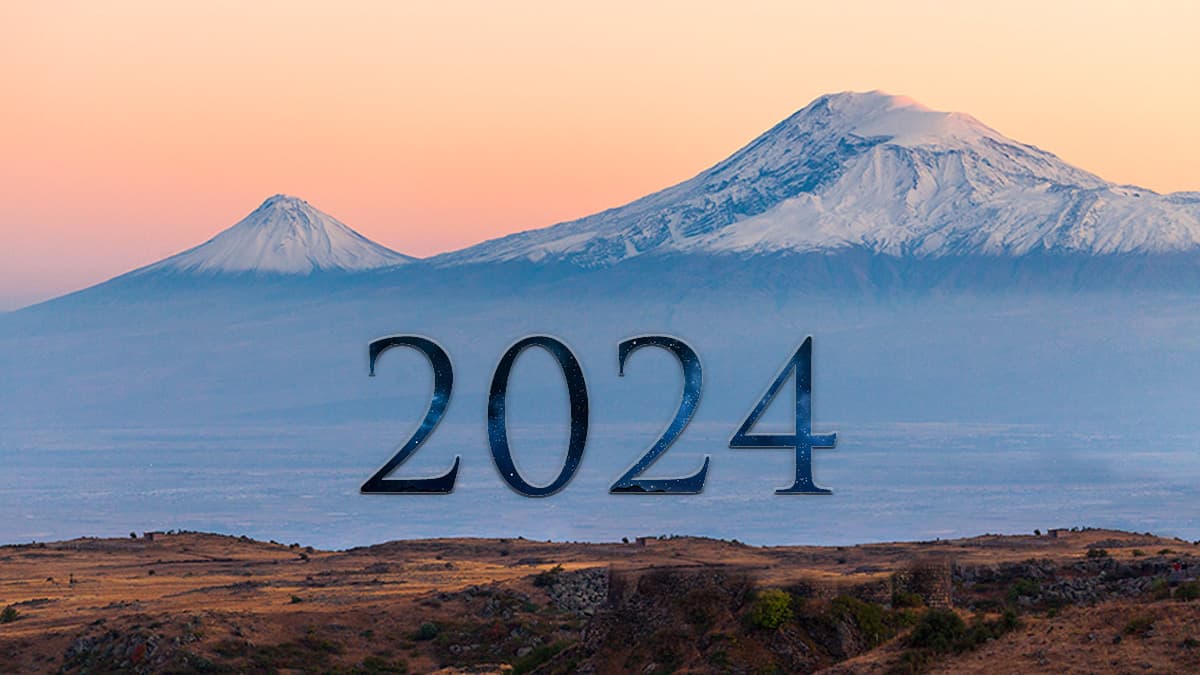THE ONE CERTAINTY ABOUT THE NEW YEAR

There seems to be a human tendency to avoid accepting responsibility for our own flaws and blame them on anything or anybody else but ourselves. “This is the excellent foppery of the world, that, when we are sick in fortune, often the surfeit of our own behavior, we make guilty of our disasters the sun, the moon, and the stars,” said Edmund in his soliloquy in Shakespeare’s King Lear, mocking Gloucester’s inability to take blame for his own actions.
And even though the adjective in the above quote is metaphorical, this unbecoming trait of our nature is, we may confidently state, at least as old as the Old Testament. A goat presented as an offering to the Lord would be sent away into the wilderness, taking with him the sins of the people. This is the famous scapegoat, which we first find in the book of Leviticus, and in this sense we are used to put our sins on other people’s shoulders.
We can be sure that next year, whatever the unknown ways it will unfold, will bring its share of pain, suffering, and incomprehensible actions that we may only explain as a result of evil. This may sound archaic, for in our times of relativism anything that implies taking a moral stand may invite scorn or condescending lectures about the nuances in any action or situation. The time-honored search for people to blame starts right there in a continuity of its own.
Yet we know, if only because of the Armenian history, that beyond the many shades of gray there is, indeed, an eternal struggle between the forces of good and evil. There is nothing Manichean about that. While historical, political, economic, and other factors may explain wars and atrocities of all kinds, we all really know that there are deeds that only evil explains. In the Armenian case, do we need to evoke the vast arc of malignancy that extends from the first appearance of the Turkic tribes on our lands in the 10-11th centuries through the massacres and Genocide of the 19th and 20th centuries to the ethnic cleansing of Artsakh only a couple of months ago?
“If the Scriptures are rightly understood, it was in Armenia that Paradise was placed,” has famously written Lord Byron. “Armenia, which has paid as dearly as the descendants of Adam for that fleeting participation of its soil in the happiness of him who was created from its dust.”
Yet armed with our unbreakable faith, as time tested as our beautiful churches that dot our homeland—both its free portion in the Republic of Armenia as well as the lands occupied by the genocidal criminals we have for neighbors—we shall walk confidently into 2024.
It’s not going to be easy. We need to work hard to feed our families and run our lives, let alone protect Armenia against daunting odds. Yet in the end it is going to be faith that will save us.
